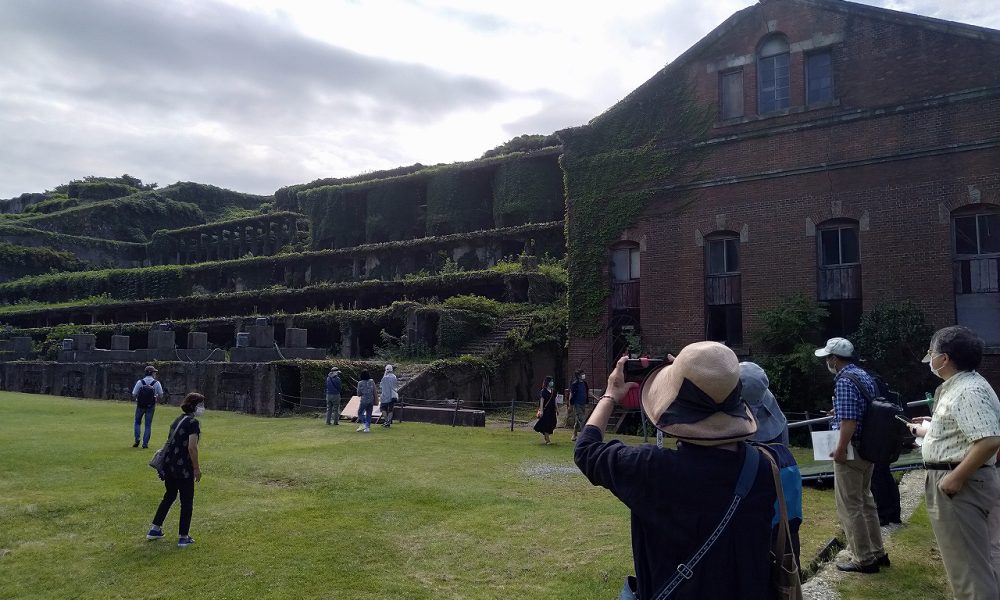
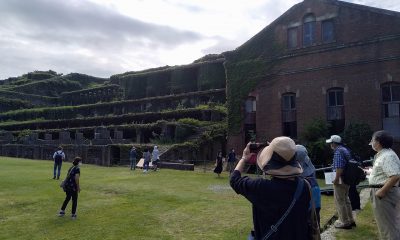

Research by Japanese and South Korean scholars using primary sources shows flaws in the Aikawa Folk Museum's portrayal of wartime labor at the Sado gold mines.
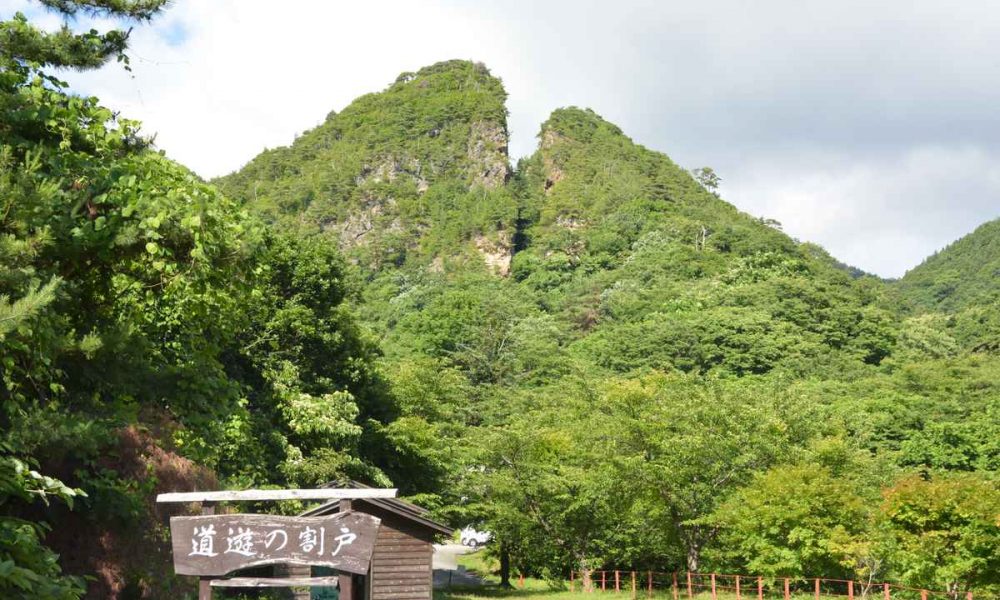
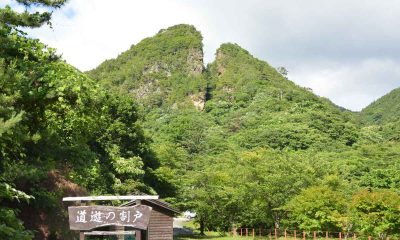

Industrial Heritage Information Center Director Koko Kato welcomed a UNESCO committee's decision to inscribe the Sado gold mines as a World Heritage site.



Japan first sought to have the Sado Gold Mines inscribed as a UNESCO World Heritage site in an application submitted in 2021. They become Japan's 26th...



Japan must address questions on its Sado gold mines' UNESCO World Heritage Site application while ensuring its history is not distorted by Korean politics.
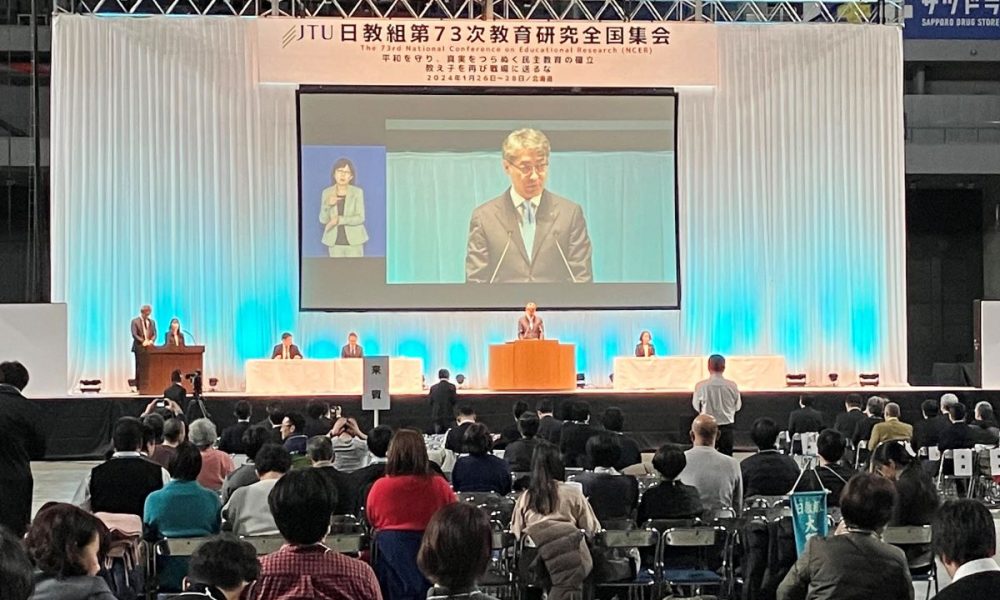
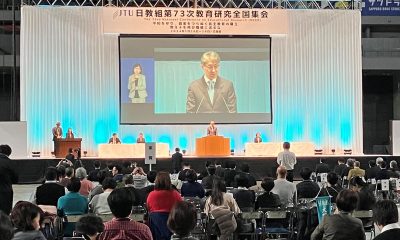

The Japan Teachers' Union undermines the nation — and our children's future — when it encourages members to teach falsehoods, even China's propaganda line.


Whether the Sado Gold Mines' UNESCO listing is approved, predictions are for global and local challenges in a precarious year for Japan-South Korea relations.
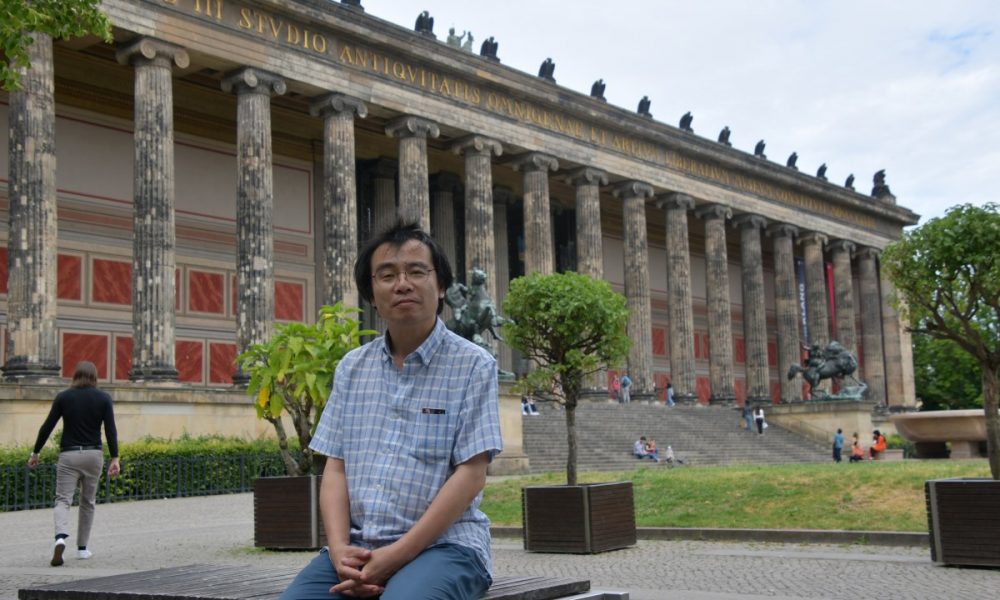
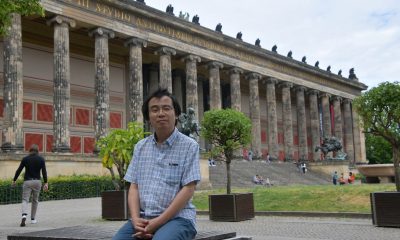

Dr Lee Wooyoun discusses the best seller "Anti-Japan Tribalism" highly acclaimed for its academic rigor, the reaction of Korean leftists, and the Korean public.



Inside the tunnels of the Sado gold mines, the author encounters 400 years of industrial history at a site that once led the world in gold...
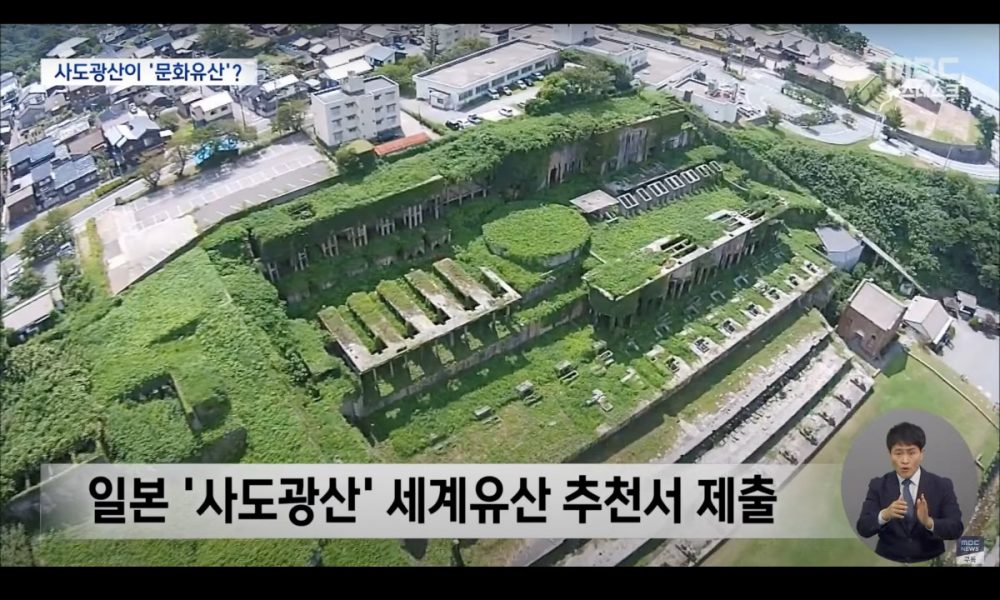
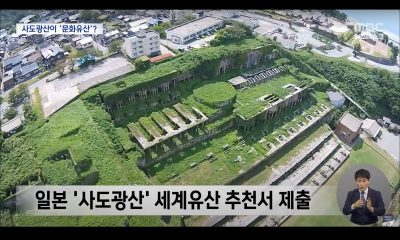

"The best solution to resolving historical disputes is by promoting the facts" — Hwang Uiwon, editor-in-chief of MediaWatch, at the wartime labor history forum.
-Sado-Kinzan-2022-Dec-28-3-1000x600.jpg)
-Sado-Kinzan-2022-Dec-28-3-400x240.jpg)
-Sado-Kinzan-2022-Dec-28-3-80x80.jpg)
"Testimonials" by second-generation witnesses are hearsay, not evidence, and should not be permitted to impede UNESCO listing of the Sado gold mines.
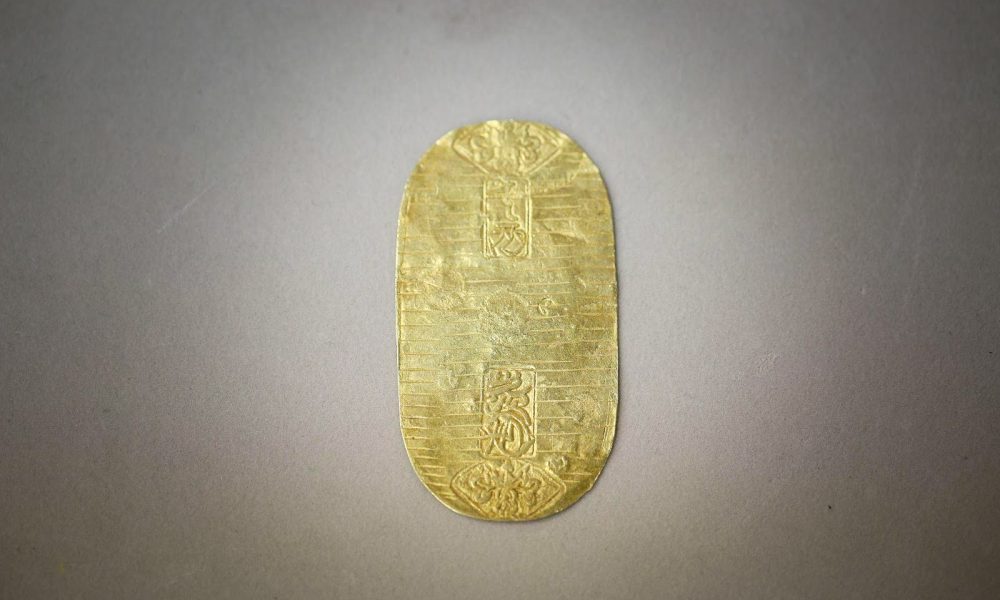
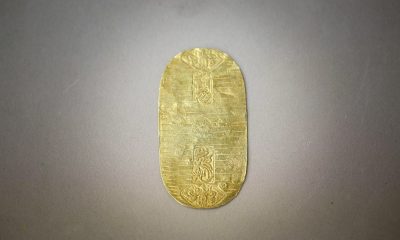

Two experts share insights on the cultural value of the Sado Island Gold Mines that, without mechanization, led the world in gold extraction volume and quality.
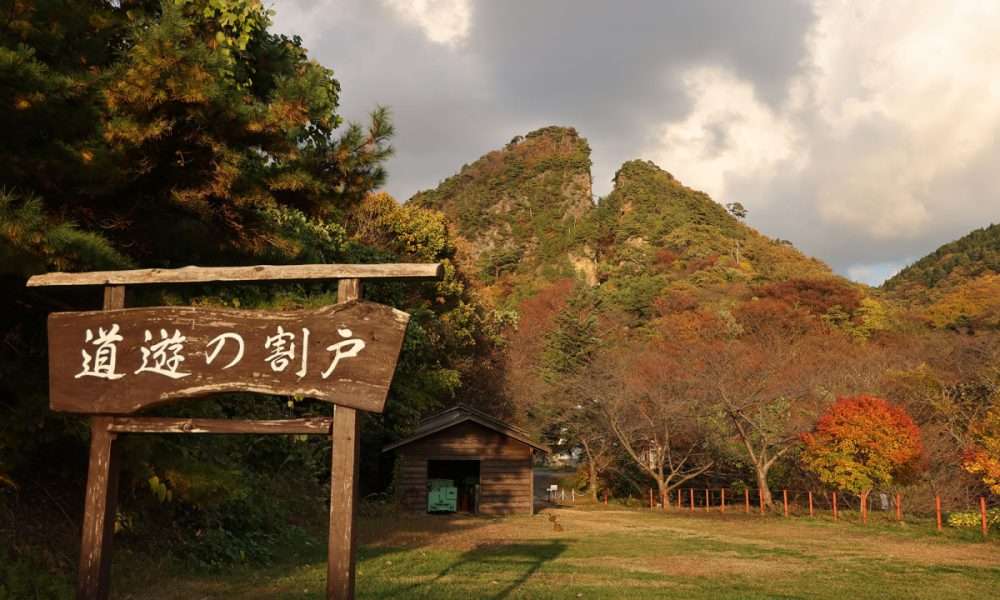
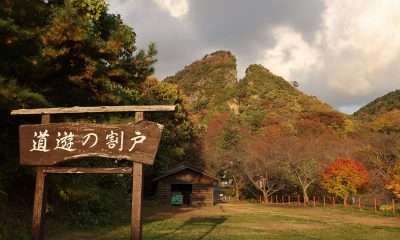

Sado Island Gold Mines produced half of Japan's gold in the Edo period, supporting the Tokugawa Shogunate that united Japan and catching the eye of Europeans.